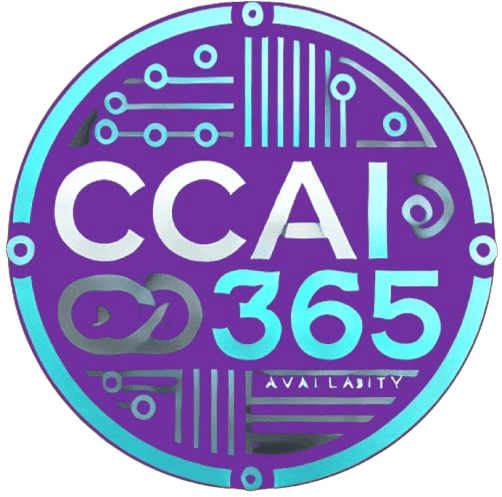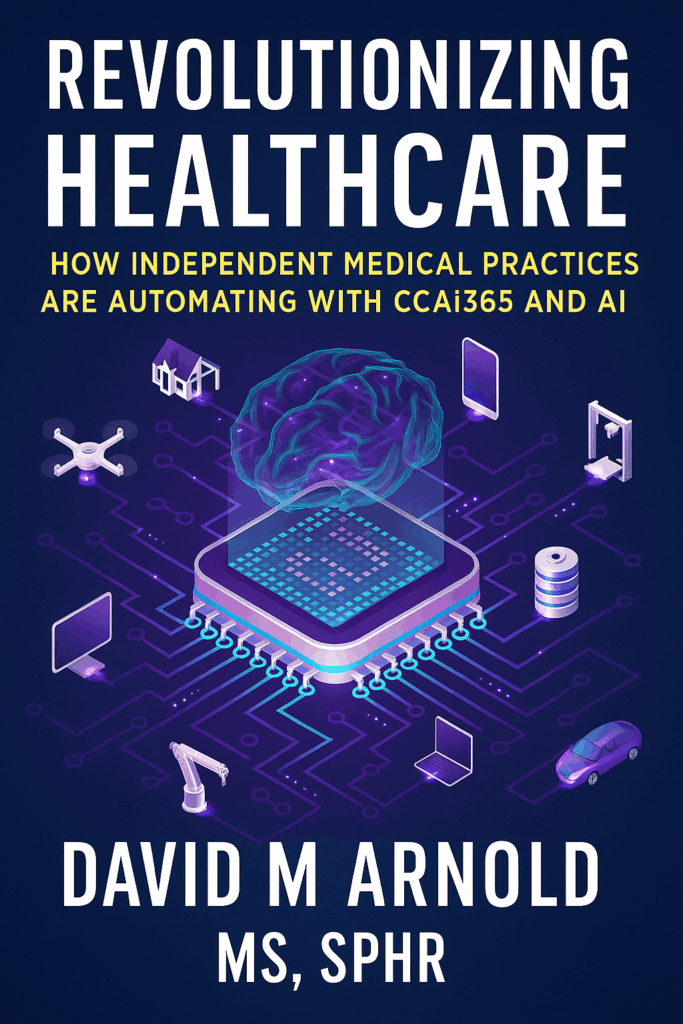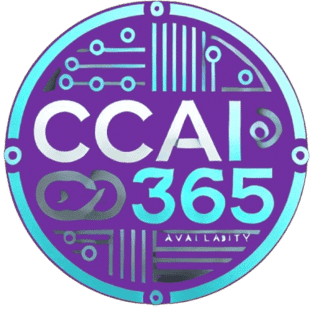Introduction to AI in Healthcare
AI in healthcare is transforming the medical field at an unprecedented pace. Once considered a luxury reserved for sprawling hospital systems and cutting-edge research centers, artificial intelligence has broken through barriers and is now empowering even the smallest independent medical practices. From streamlining administrative tasks to delivering more accurate diagnoses and improving patient engagement, AI in healthcare is proving that innovation doesn’t require a big budget—just a big vision.
As patient expectations evolve and the demand for personalized, efficient care continues to rise, small practices must explore smart solutions to stay competitive. This is where AI in healthcare becomes a game-changer. By integrating intelligent tools into everyday operations, independent providers are unlocking new levels of efficiency, precision, and profitability.
In this article, we’ll explore seven real-world ways small practices are embracing AI in healthcare right now. Get ready to see how your practice can tap into these transformative technologies and compete at the same level as the big players.
AI in Healthcare for Small Practices: Breaking the Myth That It’s Only for Big Hospitals
There’s a persistent myth that AI in healthcare is exclusive to large institutions with deep pockets and sophisticated IT infrastructures. But the truth is, many of today’s most powerful AI tools are cloud-based, affordable, and scalable—making them ideal for small practices.
AI in healthcare is no longer a future concept. It’s a present-day reality for solo physicians, small group practices, and specialty clinics. With the rise of software-as-a-service (SaaS) models and third-party platforms that integrate directly with EHRs, the barrier to entry has never been lower.
Many small practices have already embraced AI to automate mundane tasks like billing, coding, and insurance claims. Others are using AI-enhanced tools to manage patient intake, send appointment reminders, and even flag potential drug interactions.
What’s more, AI in healthcare is helping small practices navigate the complexity of data management and regulatory compliance. With HIPAA-compliant AI tools, providers can securely store and analyze patient information without investing in costly infrastructure.
The democratization of AI in healthcare is clear: it’s not about the size of the practice—it’s about the willingness to innovate.
Boosting Diagnostic Accuracy in Small Clinics with AI in Healthcare
Accurate diagnosis is the cornerstone of effective patient care, yet diagnostic errors remain a serious issue in the medical field. Fortunately, AI in healthcare is changing that narrative—especially for small clinics.
AI-powered diagnostic tools use machine learning algorithms to analyze thousands (or even millions) of data points, such as imaging scans, lab results, and patient histories. These tools can flag abnormalities that may be missed by the human eye, suggest potential diagnoses, and prioritize critical cases.
For example, small dermatology clinics are now using AI to identify skin cancer with a level of precision that rivals board-certified dermatologists. Similarly, primary care providers can leverage AI to detect early signs of chronic diseases such as diabetes, hypertension, and heart disease.
These diagnostic tools don’t replace doctors—they enhance their capabilities. AI in healthcare acts as a second set of eyes, increasing confidence and accuracy in clinical decision-making.
Moreover, AI systems continue to learn and improve over time. The more data they process, the smarter they become. This gives small practices access to continuously evolving technology that can adapt to patient demographics, regional health trends, and individual provider preferences.
Implementing AI diagnostic tools doesn’t require a full-time IT team or a massive investment. Many platforms offer subscription-based access, intuitive user interfaces, and seamless integration with existing EHR systems.
The result? Faster, more accurate diagnoses that improve patient outcomes and enhance your clinic’s reputation for high-quality care.
AI in Healthcare Is Revolutionizing Scheduling and Patient Flow for Independent Practices
Let’s face it: scheduling inefficiencies are a major headache for independent practices. No-shows, double bookings, and disorganized calendars can throw an entire day off track. Thankfully, AI in healthcare is changing that.
AI-driven scheduling systems analyze historical appointment data, patient behavior patterns, and provider availability to create optimized schedules in real-time. These smart schedulers can predict which time slots are most likely to result in cancellations and proactively offer alternatives to reduce downtime.
Additionally, AI tools can automate patient reminders through SMS, email, or voice calls, dramatically reducing no-show rates. These reminders can even be personalized based on patient preferences and past behavior.
Beyond just setting appointments, AI in healthcare also improves patient flow within the practice. By forecasting patient volumes and assigning resources more effectively, small clinics can reduce wait times, prevent bottlenecks, and maximize the use of exam rooms and support staff.
For example, if a patient typically requires more time due to a chronic condition, AI scheduling tools can allocate a longer visit automatically—without the need for staff intervention.
Ultimately, AI in healthcare brings precision and adaptability to one of the most chaotic aspects of practice management. Small practices that implement these tools quickly discover the benefits of smoother operations, happier patients, and better use of staff time.
Enhancing Patient Communication Through AI in Healthcare Chatbots and Virtual Assistants
Strong patient communication is vital to building trust and improving health outcomes. Yet, many small practices struggle to keep up with phone calls, emails, and administrative messages. Enter AI in healthcare chatbots and virtual assistants.
These AI tools handle everything from answering frequently asked questions to scheduling appointments and refilling prescriptions. They operate 24/7, giving patients instant access to information—even outside office hours.
AI-powered chatbots can triage symptoms based on patient input and direct them to the appropriate level of care. This not only empowers patients but also reduces unnecessary visits, freeing up time for more complex cases.
Virtual assistants can integrate with EHRs to provide patients with real-time updates on lab results, appointment changes, and treatment plans. This level of transparency boosts engagement and loyalty.
For non-clinical tasks, AI in healthcare communication tools streamline processes like insurance verification, pre-visit questionnaires, and intake form completion.
These technologies also support multiple languages, improving accessibility for diverse populations and enhancing health equity within small communities.
By incorporating chatbots and virtual assistants, small practices can offer a modern, convenient experience that rivals that of large healthcare systems—without the need for additional staff.
Real-Time Decision Support: How AI in Healthcare Is Guiding Better Treatment Plans for Small Providers
Making informed clinical decisions is at the heart of effective medical practice. However, with medical knowledge doubling every few months, staying up to date can feel impossible—especially for independent providers juggling multiple roles. That’s where AI in healthcare offers a critical advantage.
AI-based clinical decision support systems (CDSS) analyze vast amounts of patient data and evidence-based guidelines to offer real-time insights at the point of care. These systems can suggest treatment plans, highlight potential drug interactions, and even flag guideline deviations.
For small practices, this means having a virtual consultant in the exam room—an AI that helps ensure the best possible outcomes without requiring additional hires or specialist referrals.
These tools can also incorporate patient preferences, comorbidities, and social determinants of health into treatment recommendations, creating truly personalized care plans.
Additionally, AI in healthcare can assist with population health management. By analyzing trends within your patient population, it can identify at-risk individuals, recommend preventive strategies, and improve chronic disease management.
AI also helps reduce cognitive overload. With just a few clicks, providers can access the latest research, clinical pathways, and tailored suggestions—saving time while boosting confidence.
In a world of increasing complexity, AI in healthcare acts as a safety net and a springboard for better care.
Conclusion
It’s clear: AI in healthcare is no longer a high-tech luxury reserved for hospital networks and research labs. Independent medical practices of every size and specialty can now harness the power of artificial intelligence to enhance efficiency, accuracy, and patient satisfaction.
From boosting diagnostic confidence to streamlining scheduling, improving communication, and supporting real-time clinical decisions, the benefits of AI in healthcare are vast—and accessible.
The question is no longer if small practices should use AI, but how fast they can adopt it.
Download our Free eBook “Revolutionizing Healthcare” today!
Contact CCAi365 today at 252-668-1640 to start using AI in your medical practice! Unlock the tools, training, and technology you need to thrive in a fast-changing healthcare landscape.
The future is here—and it’s intelligent, efficient, and empowering for small practices ready to lead the way.



